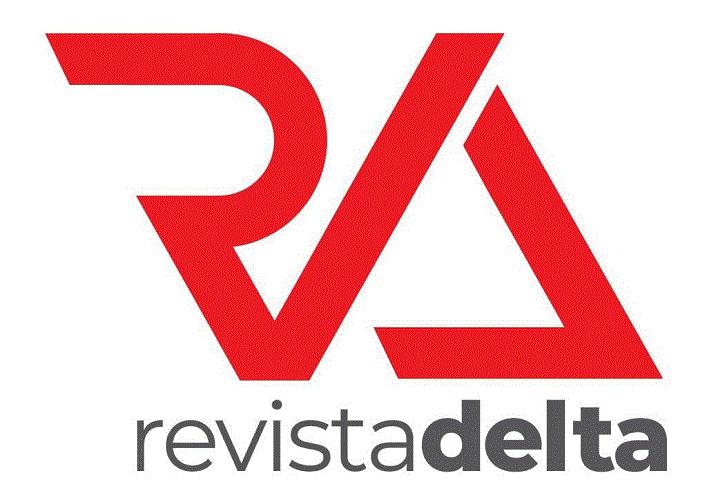This paper aims to describe and explain WH-extraction patterns out of island contexts in Brazilian Portuguese (BP), by means of the principles established by Generative Theory. I claim that BP uses a strategy for the extraction of subjects which involves a special case of Agreement. Extractions out of relative islands are possible when the extracted WH-phrase ends up in the specifier position of the higher CP and from there it behaves as the subject of the predication. The subject-predicate relationship established under agreement makes Comp a proper governor for traces in subject position under its scope. The analysis proposed makes a distinction between two processes of relative clause formation. One in which que is an operator that transforms sentences into predicates and sits in the Comp position of a CP whose specifier can be occupied by a QP functioning as the subject of the predication. The other, in which que is a WH-word, traditionally treated as a pronoun, occupying the specifier position of a QP and introducing relative clauses as we know them.
WH-Extractions; Relative Clauses; Predication
